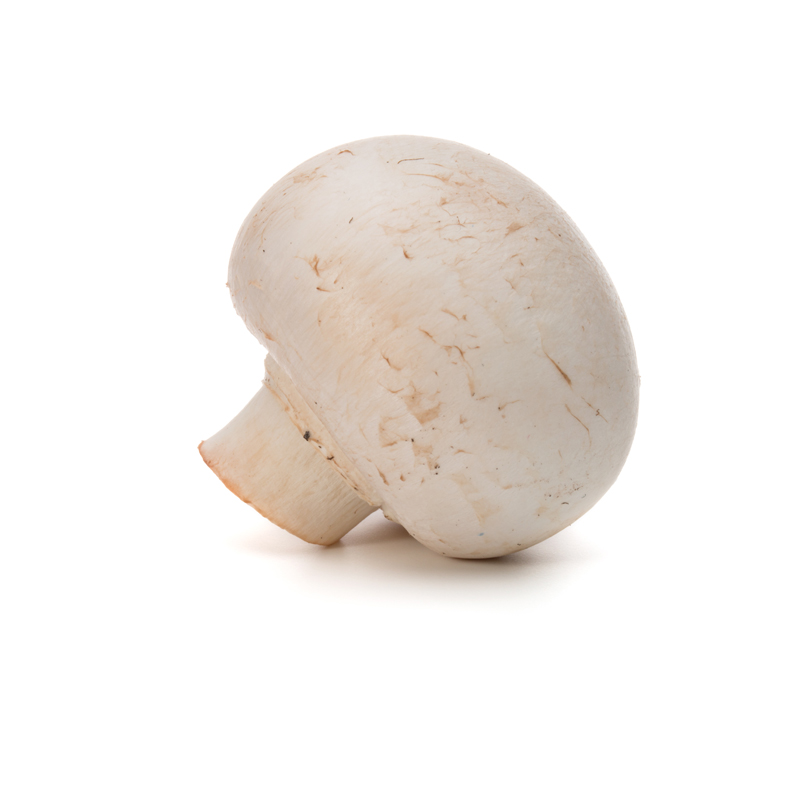
100 gr |
-- |
|
|---|---|---|
| Carbohydrate (gr) | 15.04 |
4928.47 |
| Protein (gr) | 3.59 |
1176.23 |
| Fat (gr) | 12.46 |
4083.43 |
| Fiber (gr) | 1.36 |
445.97 |
| Cholesterol (mg) | 14.64 |
4795.8 |
| Sodium (mg) | 325.27 |
106557.75 |
| Potassium (mg) | 392.16 |
128471.4 |
| Calcium (mg) | 78.15 |
25603.27 |
| Vitamin A (mg) | 46.04 |
15084.01 |
| Vitamin C (mg) | 6.16 |
2019.31 |
| Iron | 0.62 |
203.1 |
Although mushrooms are often classified as vegetables, they are technically not part of the vegetable family. Mushrooms display certain plant-like characteristics, such as immobility, the presence of cell walls, and spore-based reproduction. However, due to their lack of chlorophyll and vegetative organs like leaves, they are considered a distinct kingdom in the biological classification. Millions of mushroom species exist in nature, reproducing via spore production, similar to pollen or seeds. Edible mushrooms, such as oyster, button, porcini, pine, meadow, morel, termite, and kangaroo mushrooms, thrive on soil or wood. However, caution is essential as some varieties are toxic and can lead to severe health issues or even death if consumed.
Mushroom calories are 22 calories per 100 grams.
Low in Fat, High in Nutrition
Rich in Antioxidants
Supports Heart Health
Rich in B Vitamins
High Copper and Potassium Content
Immune System Booster
Mushrooms are a key protein source for vegetarians and vegans. With their unique umami flavor, they often serve as a substitute for meat in many recipes, from soups and stews to plant-based burgers. Their high nutrient density also complements other vegetarian staples like legumes and grains.
While mushrooms are highly nutritious, identifying edible varieties is critical. Consuming wild mushrooms without proper knowledge can be dangerous due to the presence of toxic species. Always purchase mushrooms from reputable sources and avoid foraging unless you are an expert.
Culinary Tips:
Mushrooms stand out as a unique and versatile food source with immense nutritional value. From supporting heart health and boosting immunity to providing essential vitamins and minerals, they offer a myriad of health benefits. Whether you are looking to enhance your diet with low-calorie options or seeking plant-based protein alternatives, mushrooms are a perfect choice.